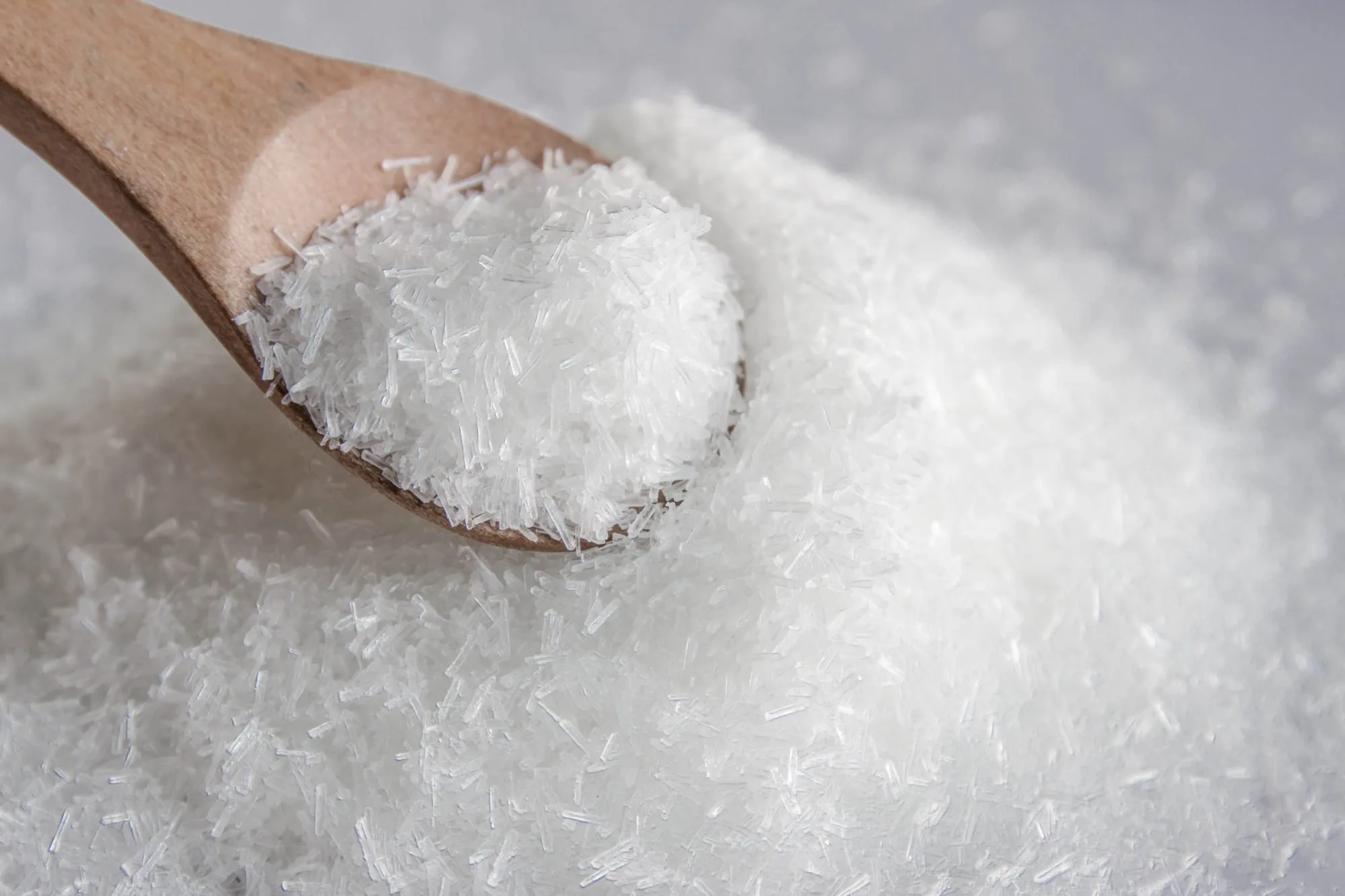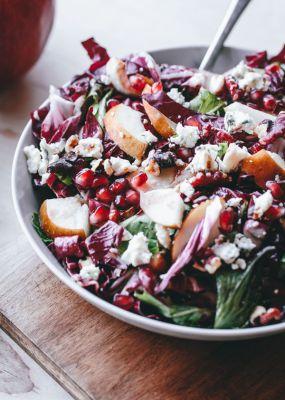In order to make informed choices, it is important to know what your food contains. In this post, we shed light on a particular ingredient that can be found in many of the foods you may be consuming on a daily basis.
Ingredient Name: MSG or monosodium glutamate
What is it made of?
- Excitotoxin
Where is it generally found?
- Processed foods such as salad dressings, low-fat yoghurt, canned meats, frozen entrees, potato chips, caned soups and flavored crackers.
Why is it bad for us?
Monosodium glutamate (MSG), an amino acid that is used as a flavor enhancer in processed foods, is one of the most common food additives.
MSG is made from excitotoxin. This is a neurotoxic chemical additive shown to harm nerve cells by overexciting them – sometimes to the point of death. A number of studies have shown that regularly consuming excitotoxins results in the destruction of a significant number of brain cells. It can lead to many health problems, including the development of neurological disorders.
In addition, regularly consuming MSG has been shown to increase appetite and contribute to weight gain. While the U.S. Food and Drug Administration (FDA) has classified MSG as a food ingredient that is “generally recognized as safe”, its use remains controversial. For this reason, when MSG is added to food, the FDA requires that it be listed on the label. Click here to find out more about this ingredient.
MSG goes by many aliases, such as:
- Hydrolysed vegetable protein;
- Hydrolysed plant protein;
- Vegetable protein extract;
- Yeast extract;
- Glutamate;
- Glutamic acid;
- Sodium caseinate;
- Textured protein;
- Soy protein isolates;
- Barley malt;
- Calcium caseinate; and
- Malt extract.
Has this ingredient been banned in any countries?
No, but the US, Australia, New Zealand, and Europe insist that, when a product contains MSG, it is listed on all labels.
The known side-effects of regular consumption of MSG are:
Headache; flushing; sweating; facial pressure or tightness; numbness, tingling or burning in the face, neck, and other areas; rapid, fluttering heartbeats (heart palpitations); chest pain; nausea; and weakness.
What is the healthiest and closest taste substitute for this food item?
Since the primary function of MSG is to boost taste, there are many products available that can enhance the flavors of cooking and take its place. Try adding the following to your dishes:
- soy sauce
- organic, grass-fed lean meat
- poultry
- fish
- tomatoes
- mushrooms
- herbs
Did you know?
MSG is made from excitotoxin. This is a neurotoxic chemical additive shown to harm nerve cells by overexciting them – sometimes to the point of death.
Want to know more about the ingredients you consume regularly? Click here to find out everything you need to know about a particular ingredient generally found in your salad dressing – propolene glycol.





![women [longevity live]](https://longevitylive.com/wp-content/uploads/2020/01/photo-of-women-walking-down-the-street-1116984-100x100.jpg)










I believe that MSG is now banned in Pakistan.